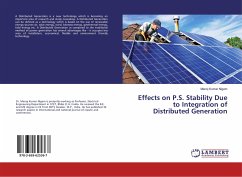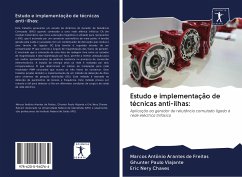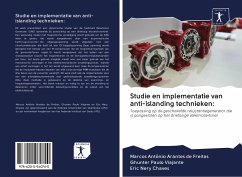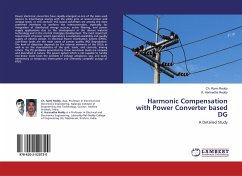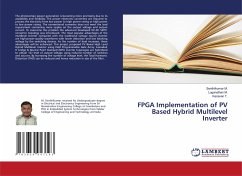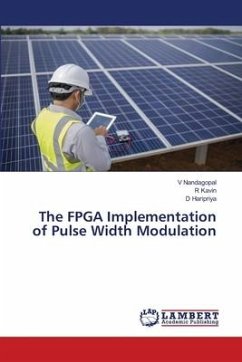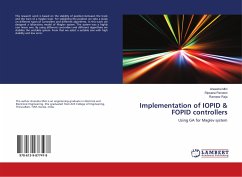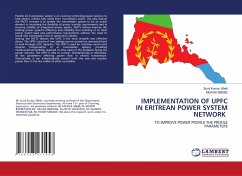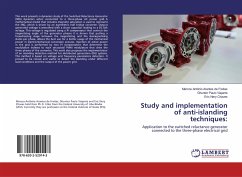
Study and implementation of anti-islanding techniques:
Application to the switched reluctance generator connected to the three-phase electrical grid
Versandkostenfrei!
Versandfertig in 6-10 Tagen
27,99 €
inkl. MwSt.

PAYBACK Punkte
14 °P sammeln!
This work presents a dynamics study of the Switched Reluctance Generator (SRG) dynamics when connected to a three-phase AC power grid. A mathematical model that includes magnetic saturation is used to represent the SRG, which is driven by an asymmetric half bridge converter. Output generated voltage is smoothed with a shunt capacitor leading to a DC link voltage. This voltage is regulated using a PI compensator that controls the magnetizing angle of the generator phases. It is shown that putting a freewheeling stage between the magnetizing and the demagnetizing states per phase, allows the bes...
This work presents a dynamics study of the Switched Reluctance Generator (SRG) dynamics when connected to a three-phase AC power grid. A mathematical model that includes magnetic saturation is used to represent the SRG, which is driven by an asymmetric half bridge converter. Output generated voltage is smoothed with a shunt capacitor leading to a DC link voltage. This voltage is regulated using a PI compensator that controls the magnetizing angle of the generator phases. It is shown that putting a freewheeling stage between the magnetizing and the demagnetizing states per phase, allows the best use for a better usage of the mechanical power in electromechanical conversion process. Injection of active power in the grid is performed by two PI compensators that determine the modulation indexes to each sinusoidal PWM modulators that drive the three phases of the converter. This work also proposes the implementation of an islanding detection method for distributed generation (DG) systems. This method is based on voltage and frequency parameters detection. It proved to be robust and useful to detect the islanding under different load conditions and the output of the power grid.



